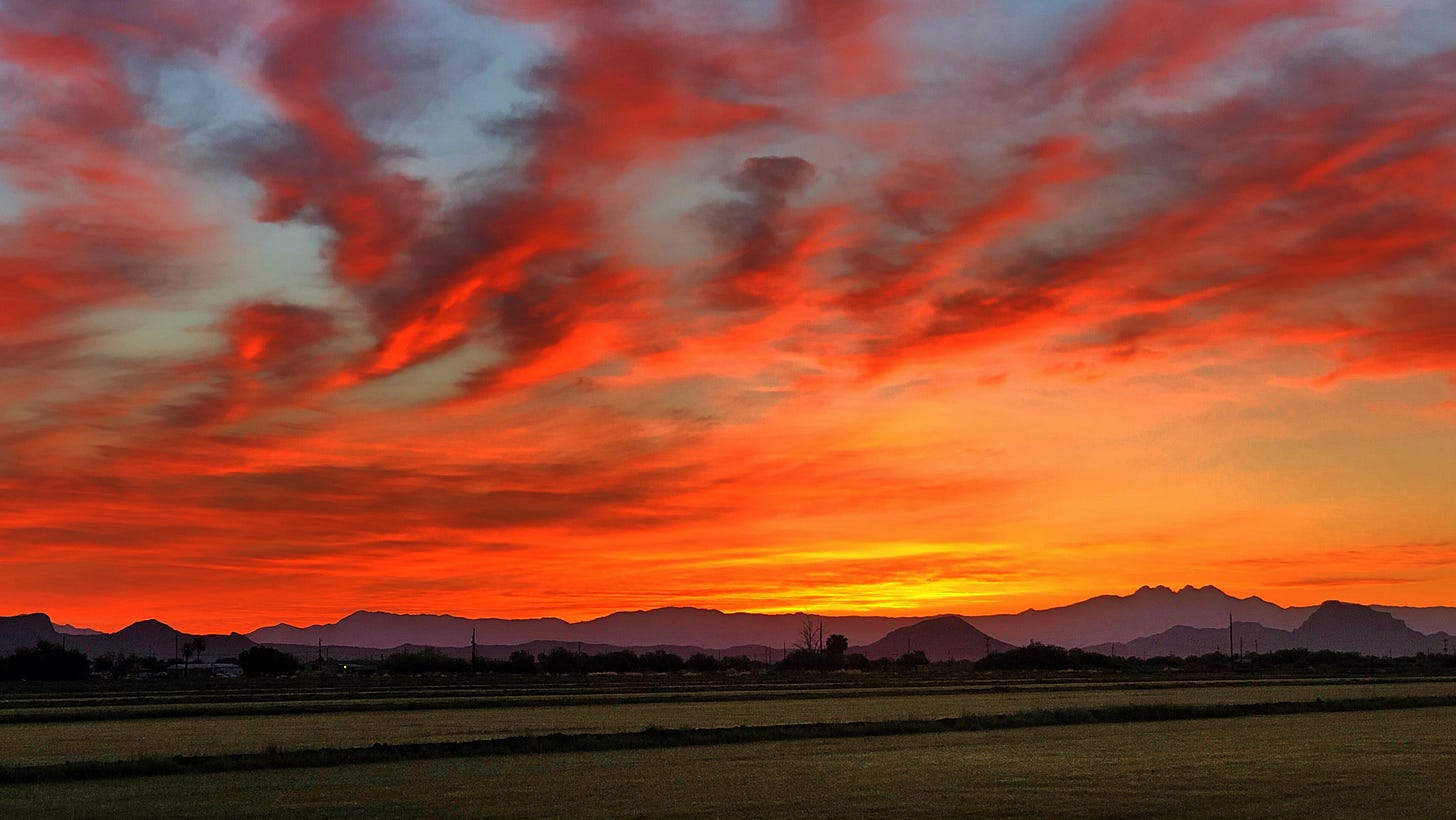After the Rez
A little bit more of an explanation of my goals

It’s been a few weeks since I set up this Substack. I feel it’s necessary to expand on that most generic introduction originally published.
My name is Hans-Dieter Stefan Klose. My father was born in Gdańsk, Poland (Nazi Germany at the time of his birth in 1944) and raised in Koln, Germany before immigrating to the United States in 1968. My mother is Akimel O’odham (Pima) from the Salt River reservation in southern Arizona. I am an enrolled member of the Salt River Pima-Maricopa Indian Community, but I have relatives and have lived on the Gila River Indian Community and Tohono O’odham Nation at different times in my life as well.
My family has gotten smaller (remarkable, really, in modern Native American communities), and my brother has no children, so we are near the end of the line for our bit of the family string. I decided to publish to this site for a couple reasons. First and foremost, I want to record pieces of my family’s history. It may be of simple interest to some, but, emerging from my most personal objectives, it will also provide some record for my son of who we are and where he came from. The second reason I decided to publish some of my thoughts is simply to share ideas I may have that would take more time than the typical Facebook or Instagram post would likely be anticipated to take to read.
Chief among my varied thoughts will be those on land in Native America. The O’odham have existed as a unique linguistic group for at least two thousand years. If one assumes there was linguistic and genetic “crossover” with the Huhugam (who are considered an independent group of people in our own creation stories), then our people have been on this part of the planet for more than four millennia. The twentieth century saw the solidification of reservation systems and the piecemeal allotment of lands to individual Indians. As we make our way further into the twenty-first century and further from the “Reservation Era” (as I am calling it), I believe there is an ongoing opportunity for Native Americans to reclaim their histories and identities, and one of the most meaningful ways they can exercise their authority is to move past the literal confines of federally managed reservations and government imposed and supported philosophies and into the realm of truly sovereign jurisdictions.
The early twentieth century saw the nadir of populations for our peoples. There is a massive boom of tribal populations going on right now, yet the world is vastly different than it was one hundred years ago (and certainly more than it was one thousand years ago) and it extends its cultural influence deep into every society of the world, threatening to dilute each into merely a version of the dominant. We need to seize every chance we have to remember the past - the stories, the language, the customs - and to formulate a genuinely meaningful future of identity and place for our peoples and their descendants. Those chances are renewed with every new day.
